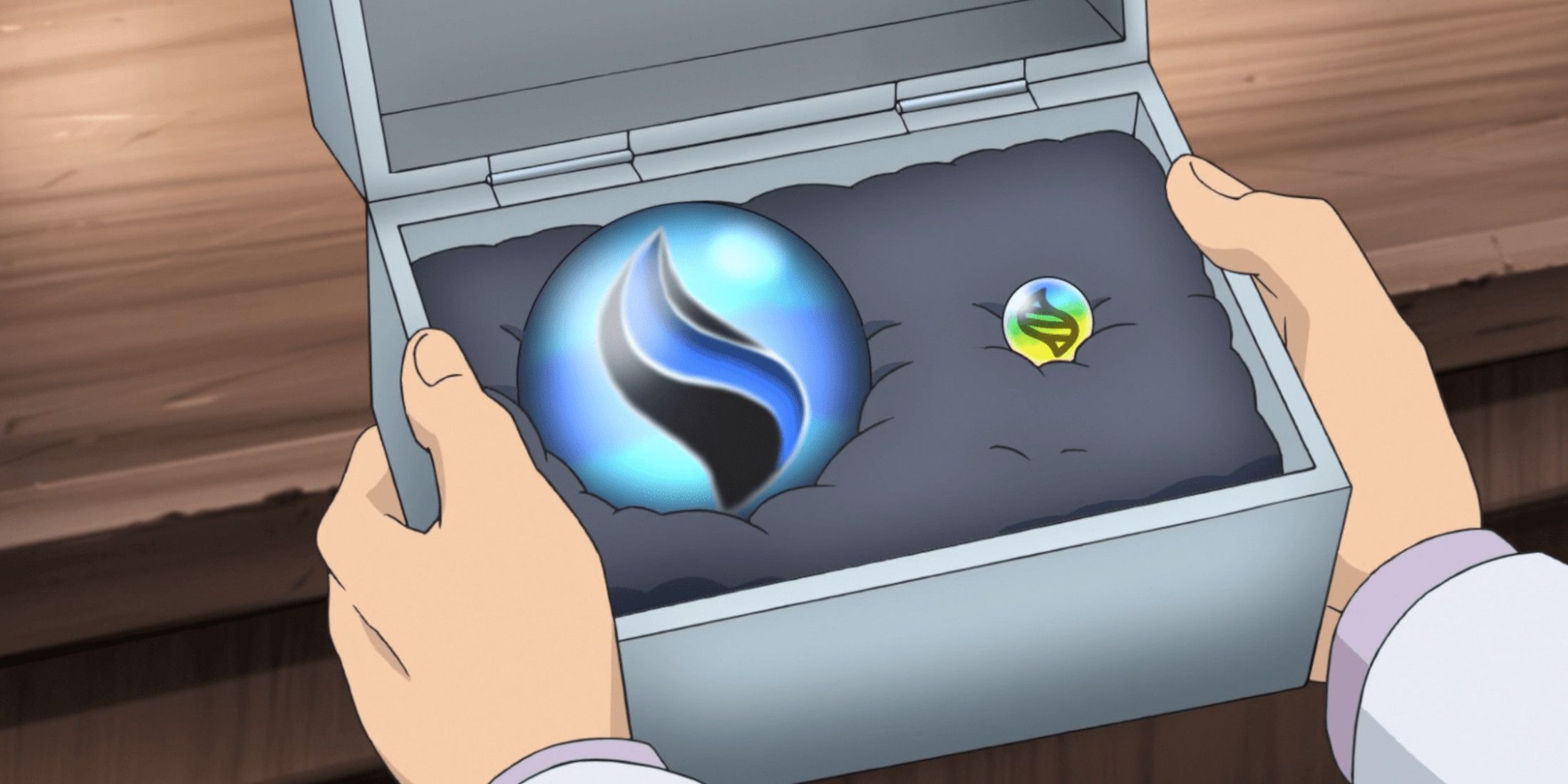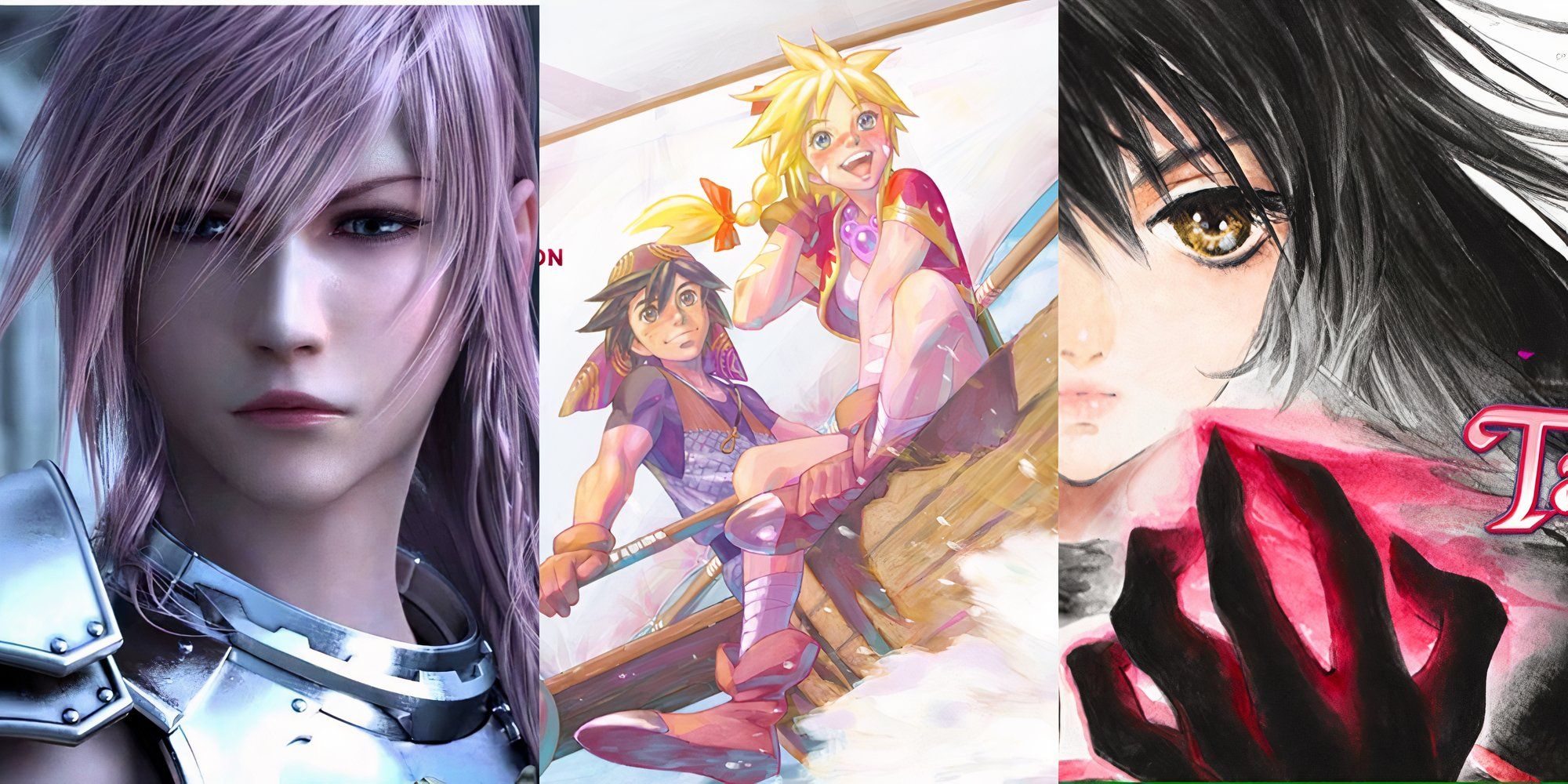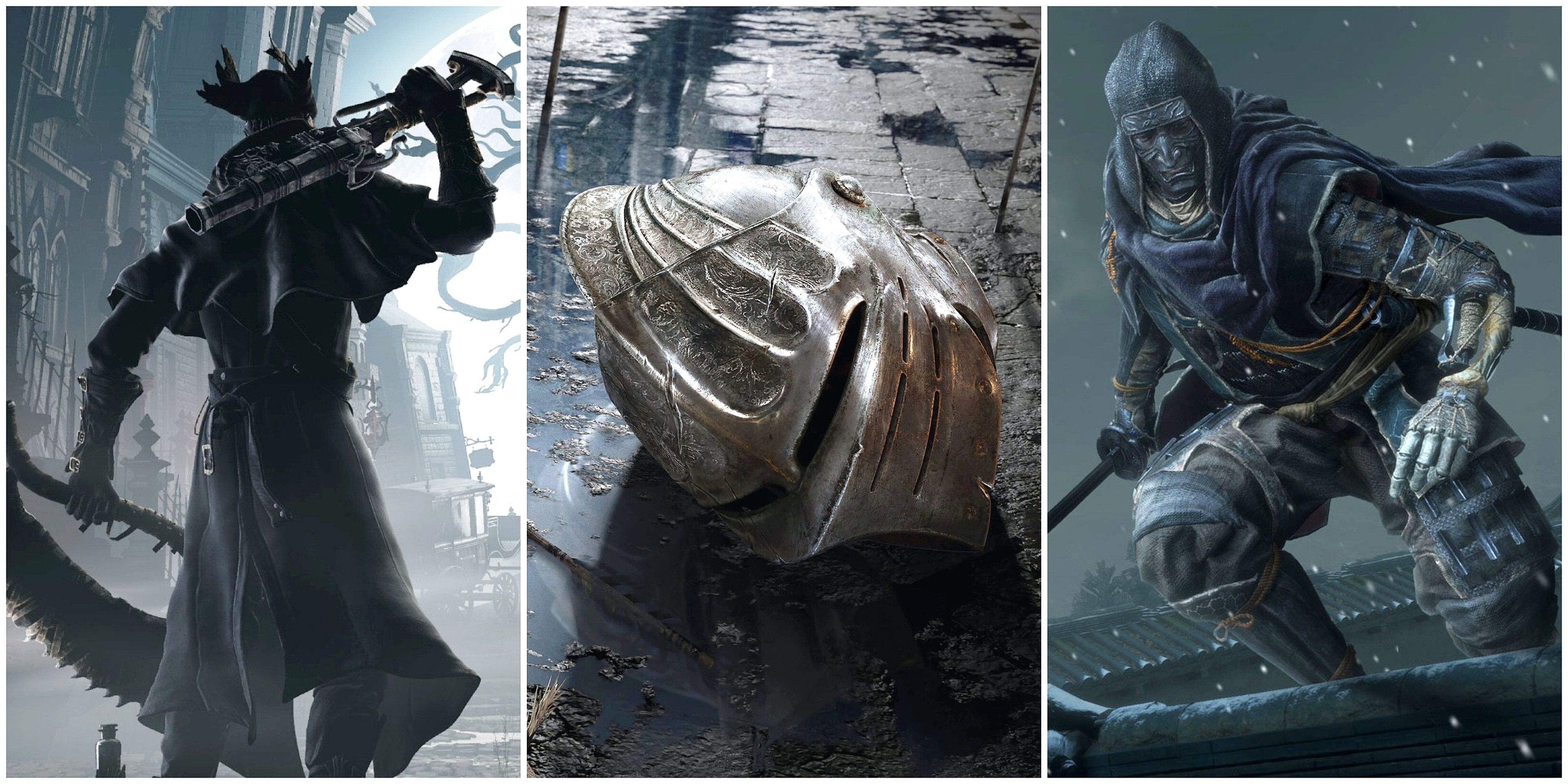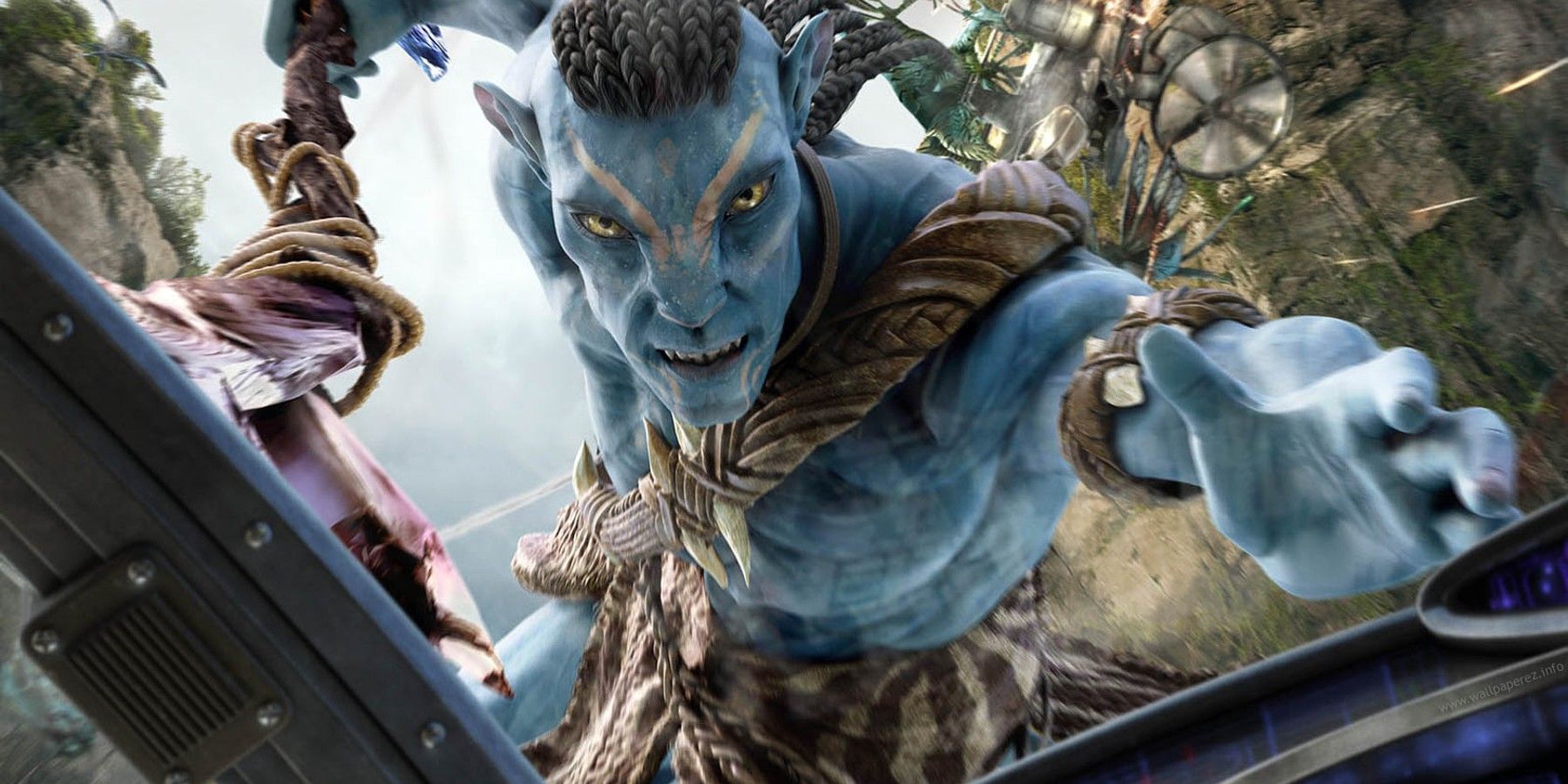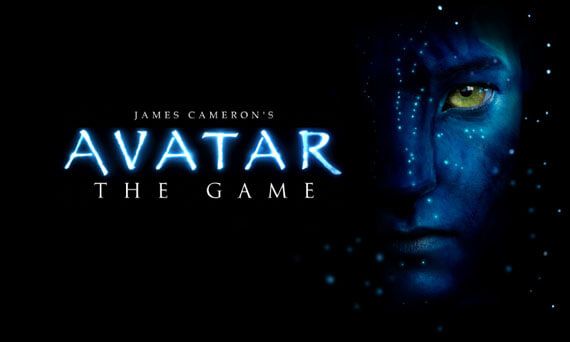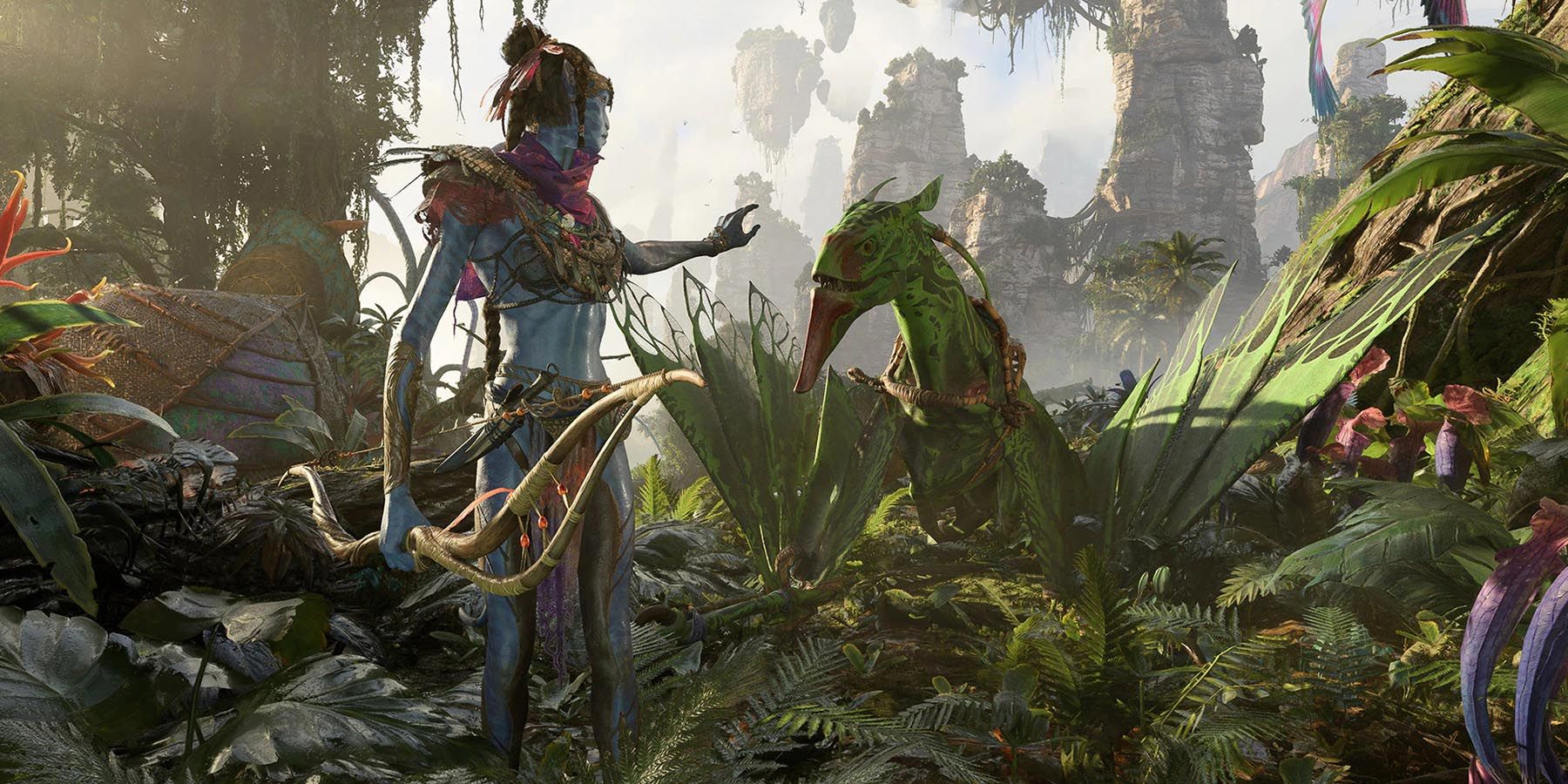Avatar was a certified cultural phenomenon upon its 2009 release. Though some critics claimed the movie was overrated and full of plot cliches, that didn't stop Avatar from grossing $1 billion by its 19th day, $2 billion after a few months, and now 13 years after its release, Avatar has grossed $2.847 billion, making it the highest-grossing movie of all time, even beating out modern juggernauts like Avengers: Endgame. And with a slew of Avatar sequels on the horizon, it seems like a solid bet that Avatar fever is going to come back in full-force, which is excellent news for Ubisoft's Avatar: Frontiers of Pandora.
Releasing either at the end of this year or at the start of next year, Avatar: Frontiers of Pandora looks set to be one impressive licensed game. Using the new Snowdrop Engine, Avatar: Frontiers of Pandora lets players explore a gigantic open-world, all of it looking as magical and vibrant as its movie counterpart. But Avatar: Frontiers of Pandora isn't the first game set in James Cameron's universe, and the series' reputation in the gaming landscape isn't the best.
Avatar's First Foray Into The Gaming Landscape
Coming out just after the height of licensed game popularity, Avatar received its own tie-in video game, and following the trend of the time, three distinctly different versions of the game were released. Officially titled James Cameron's Avatar: The Game, this game was developed by Ubisoft Montreal and released on just about every console of the time, ranging from the big-budget PS3 and Xbox 360 versions to the down-scaled PSP and DS iterations.
The first and the most popular version of Avatar: The Game was the PS3, Xbox 360, and PC iteration. This version of the game adopts a third-person shooter perspective, and, naturally, boasts the best visuals of the different versions of the game. The big selling point for this version of Avatar: The Game was the ability to choose to fight for the greedy RDA human corporation or the Na'vi. Choosing either impacts the story, but not the gameplay all too much, with player being able to use both machine guns and bows regardless of their choice. The gameplay is fairly standard in this version, but the visuals are fairly solid for a 7th generation game.
The Wii and PSP versions of Avatar: The Game are, rather surprisingly, very similar. This version takes on a completely different story and gameplay type, where players assume the role of a Na'vi warrior who's vastly outgunned and outmanned by RDA forces and must use stealth and guerilla tactics to survive. Though the visuals are rough, and the motion controls for the Wii port are often frustrating, this narrative and gameplay style works with the Avatar license much better than just a run-of-the-mill third-person shooter.
The third and final version of Avatar: The Game, excluding the mobile tie-ins, was created solely for the Nintendo DS, and once again offers a completely different narrative and gameplay style. Rather than a third-person shooter or stealth game, Avatar: The Game on DS is a Zelda clone, but a surprisingly good one, with detailed character models and environments, and charming visuals and level designs.
Avatar: Frontiers of Pandora Can Easily Get Over Its Past
Though Avatar: The Game wasn't reviewed particularly well on launch, regardless of the different versions, they're far from being the worst licensed games out there, and some Avatar fans still have fond memories of them. For die-hard fans, these titles were the only way to get more Avatar lore and stories, so regardless of their quality, they're still appreciated by some.
That being said, Avatar's reputation in the gaming landscape isn't the best right now, and there's plenty of room for Avatar: Frontiers of Pandora to improve on its predecessors. With the new Snowdrop Engine, the world of Pandora is going to look more vibrant and stunning than ever, and with the game adopting open-world gameplay mechanics, fans will finally be able to explore this living and breathing world at their own pace.
On top of this, Avatar: Frontiers of Pandora is confirmed to be canon to the franchise, meaning that fans will be able to dive even deeper into the franchise's lore to experience an all-new story set in the Avatar universe, and one that may even tie into the upcoming Avatar sequels. Put simply, Avatar: Frontiers of Pandora doesn't need to do a lot to surpass its predecessors and add a new level of recognition to the Avatar brand in the gaming landscape.
Avatar: Frontiers of Pandora is set to release in 2022 for Google Stadia, PC, PlayStation 5, and Xbox Series X/S.

